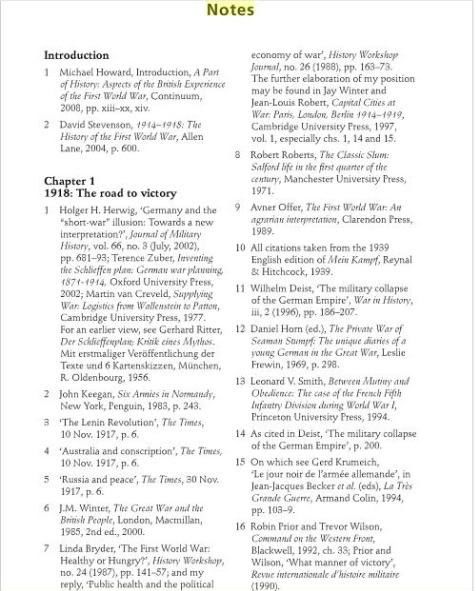By 1918 the total strength of the British Army was shrinking, down 10% over 1917 levels comparing the first week of each year, despite increasing conscription age to 51; that sounds like not on the verge of collapse to you? And this is with the US in the war and already supplying large numbers of support troops and shipping assets. In 1917 the butchery was so bad that the British government simply refused to continue to send British forces in France reinforcements for some months. Meanwhile its questionable the French mutiny of 1917 would have been put down as quickly as it was if the brunt of French troops didn’t hear the news that the US was entering the war just as it began. That could have been the end of the allies on its own.PainRack wrote: Because as bad as things were, as Bobalot pointed out, they WEREN"T on the brink of collapse? Despite the shortage of troops British armies faced in 1918, they were still able to field a large army and increase tank production, with plans to produce several thousand more in 1919. The Germans couldn't do that. Not for their airforce, not for their army divisions.
Without US money and resources the British and French would have had nearly as dire food shortages the Germans did, as should only be expected when France in particular had actual farmland under the enemy boot and a greater share of its population mobilized. Not to mention a large chunk of its industrial economy occupied. Throw on top of that heavier losses and harder worked men and yeah, collapse becomes a damn lot more likely. You can also forget about thousands of tanks, the steel won’t exist. As it was the US had to rip up railroad track just to meet the demands of trench railways in France as even US mobilized resources couldn’t meet the true demands of world war war. That also led to fun stuff like concrete ships.Except that the Allied powers DIDN"T collapse in 1917 but Germany did in 1918. American intervention was significant here only because it served as a source of cash, resources and ammunition in 1917, but to argue that it was a near run thing is a bit misleading. Russia is the only power that was so severely dependent on Britain largess that it could have, and did collapse.
Even if said tanks did exist they still can’t be decisive, no WW1 tank could be, and Germany could just keep slowly retreating uphill. As it was British and French debt in money and material reached about 8 billion US dollars by 1918, and most of that came after the US declaration of War. In comparison total US war spending was 32 billion. That is just a huge pile of resources. The US made 300,000 tons of gunpowder alone, enough for 300 million 75mm shells (relevant number when the war had about 1 billion shells fired by all sides, most of about 75mm caliber). How on earth do the allies replace that kind of low interest aid and mass resources? It can’t be done, and without that many of the late war material advantages of the western allies evaporate. Even if the British and French somehow had the money, the US would never disrupt its economy and rail system to allow it to be spent on the scale that war mobilization ultimately did. The US converted about 36% of its GDP to war production, not as high as WW2, but it was done in less time.
No it is not at all. The Allies still had a chance to win without the US; but not at all good one and it is completely based on the Germans collapsing into a revolution. They allies meanwhile had a dead serious chance of being actually defeated in the field and forced not into a negotiated peace but a complete reversal of fortune. The allies were never clearly wining the war on land until well into 1918 after German squandered all its men attacking to forestall the arrival of American forces. In fact Germany had managed to amass superior numbers in 1918 on the western front for this offensive; meaning if they hadn’t launched it successful allied attacks would have been fucking impossible. As it was the Spring Offensive cost the Germans about 1 million men, the allies lost about 800,000, but in the same timeframe the US put 1.3 million men into France, 3 million by the end of the War. So during the spring offensive Allied effective strength went up a million and a half men… when the total German army coming out of the operation was about 4.2 million on all fronts, and you think this wasn’t tipping the balance? That is absurd.America contributions in 1917, the time when you said it was so close? It was as a provider of ammunition, resources, and cheap loan for Britain so that she in turn can carry the Allies powers.
You COULD argue that if America had not done so, the Allies would had stopped fighting in 1917 due to the cost and losses involved. But to argue that it was America contribution that tipped the fight is........ exaggeration at best.


